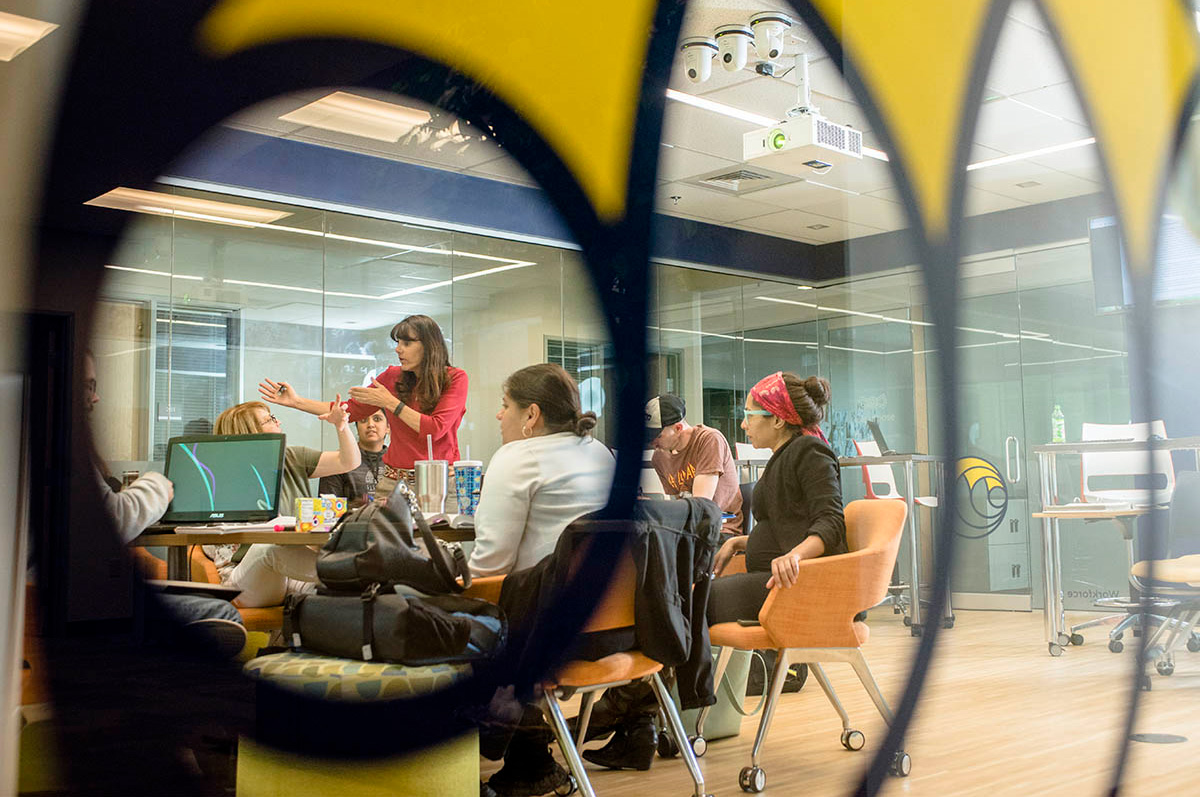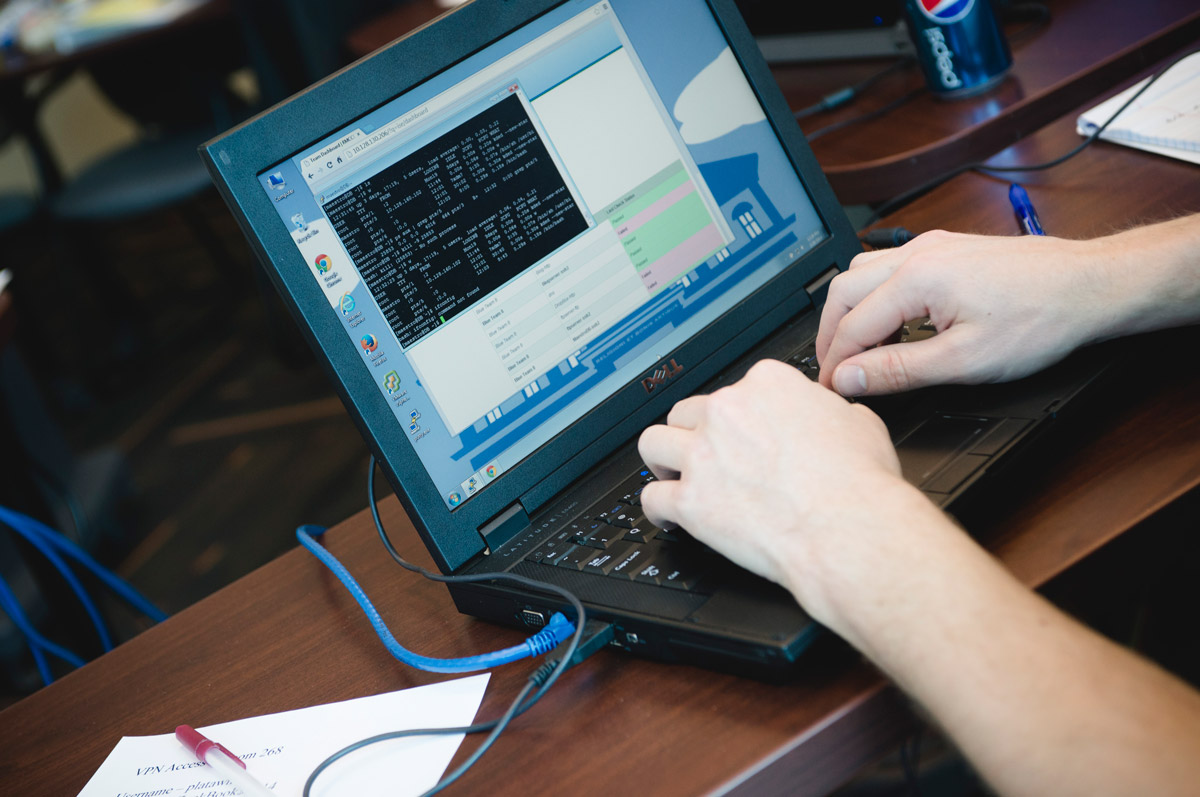How to balance school, work and family through COVID-19
Despite the COVID-19 pandemic, parents can find balance as they navigate returning to school.
If one thing has become clear to parents during the past year, it's that they’re expected to take on more roles than ever — from earning paychecks and supporting their families to helping their children through virtual learning.
What happens when you throw earning a degree into the mix?
For parents who have made the decision to return to school, the path ahead adds one more level of responsibility to their busy lives.
Joanna Stratton, Ph.D., LMFT, a psychologist and professor in Regis University’s Division of Counseling and Family Therapy, sees the impact firsthand in her classes, especially during the COVID-19 pandemic.
Stratton opened a recent class by asking parents, “What else are you doing right now?”
In addition to participating in class, parents were boiling water for macaroni and cheese and sitting a few feet from their children, who were in virtual classes of their own.
To help students navigate this new reality, Stratton offered tips for how adult learners can balance work, school, family and everything else in-between:
1. Prevent role fatigue by prioritizing self-care.
When responsibilities start to add up, it’s easy for parents to succumb to role fatigue.
"Adult learners with children during a pandemic are managing more roles than ever," Stratton said. "This can feel exhausting and create a sense that nothing is ever done or done well enough. The guiding Jesuit value of cura personalis can apply to care for the student’s whole person so that they can then care for the wellbeing others.”
Small, simple actions each day can help students feel like they’re making themselves a priority.
“It could be, ‘Every morning I get up and I meditate, or I go outside, and I move,’” Stratton said. “It could be, ‘I drink a certain kind of hot tea because it makes me feel like I’m nourishing by body. I feel it’s important to sit by a window because I am greatly affected by light.’ When we get off a call or get off a class, you find a child and you hug them. You take that pet that you love, and you give it a good belly rub and throw the ball around.”
Adding tasks like these to a routine can start to feel formulaic, Stratton said. “But it doesn’t naturally happen unless we put it into some part of our day with some kind of regularity and practice it, and it almost becomes natural,” she said.
2. Couples should ask their partners for support — and let them help.
In many homes, household tasks can disproportionally fall to one person — usually Mom.
“I think many women, even prior to the pandemic, have become accustomed to assuming many roles at once, such as employee, caregiver and home manager," Stratton said. "The ability to multitask is well-practiced."
But these extra tasks can unintentionally train other family members to step back and not engage in home activities. While it might be difficult at first, Stratton encouraged parents to let their well-trained multitasking muscle atrophy — “just a little bit in order for the other family members to learn to make their muscle stronger.”
For single parents, the burden of responsibilities can be doubled without a built-in support system. In this case, Stratton said it’s important to seek out community, from extended family friends to their faith community. Additionally, she said, single parents should find one person to lean on.
“It’s good for most people to have one safe person, one phone-a-friend,” she said.
3. Create structure with your kids but allow room for novelty.
During challenging times, structure is important — both for children and parents.“I think children and grownups do well with a lot of structure and expectations,” Stratton said. This could mean creating weekly and daily plans or structuring how the house functions.
“I think for parents who are working and who have children, it’s equal parts having as much structure as possible and allowing room in that structure for novel and exciting and maybe risky and maybe exhilarating experiences,” Stratton said. “It’s actually really good for the brain.”
Whether it’s figuring out how to have a difficult conversation or learning a new concept, embracing change creates opportunities for growth.
“Really what makes humans thrive is novelty, things that are new, things that are unexpected, things that makes us go, ‘Huh, I didn’t see that coming, but I figured it out,’” Stratton said. “Because of that novel experience I had, my brain can do something new, and that felt really good.”



